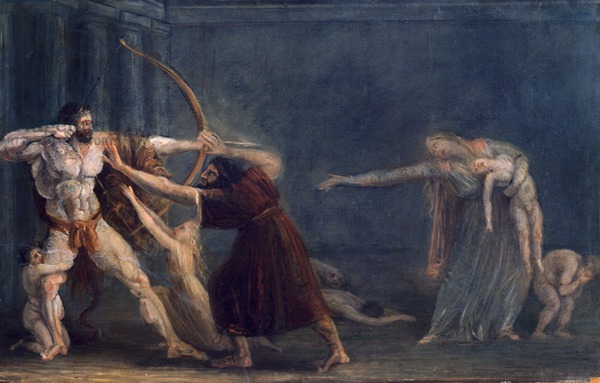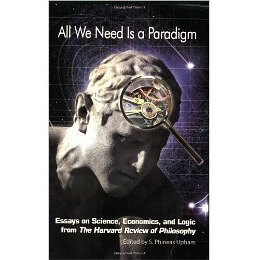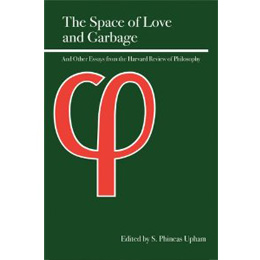Hercules Firing Arrows at his Children
By Phin Upham

The painting “Hercules Firing Arrows at His Children,” by Italian artist Antonio Canova is a moving work of genius. The brilliance of this painting is revealed in its delicate use of detail to express the moment and in the way it expresses emotion. “Hercules Firing Arrows at his Children” was painted in 1799 using oil on paper and glued to canvas. It is 42 X 66 cm. The painting features the infamous madness of Hercules. After being driven mad by the goddess Hera and by drink, he murders his whole family in blind furry. When finally sober, Hercules is surprised and heartbroken by his actions. He agrees to twelve labors in order to partially atone for his sins. Continue reading




